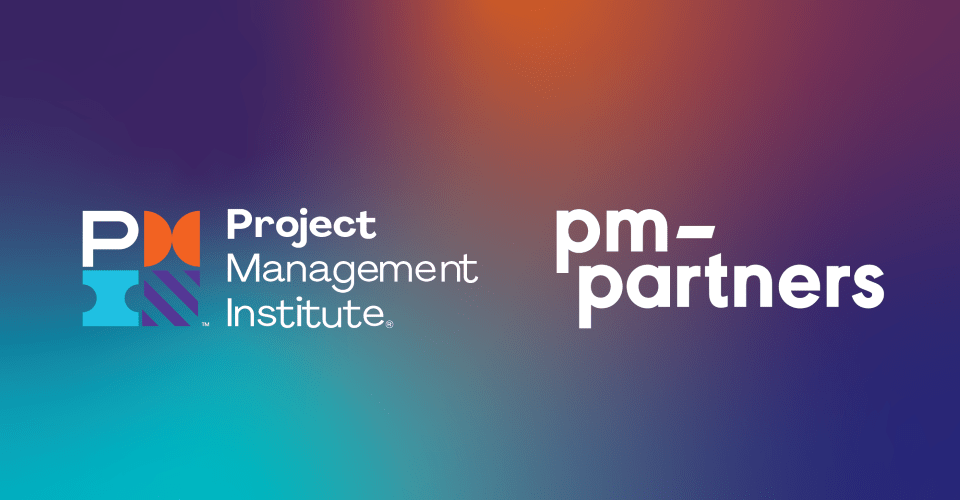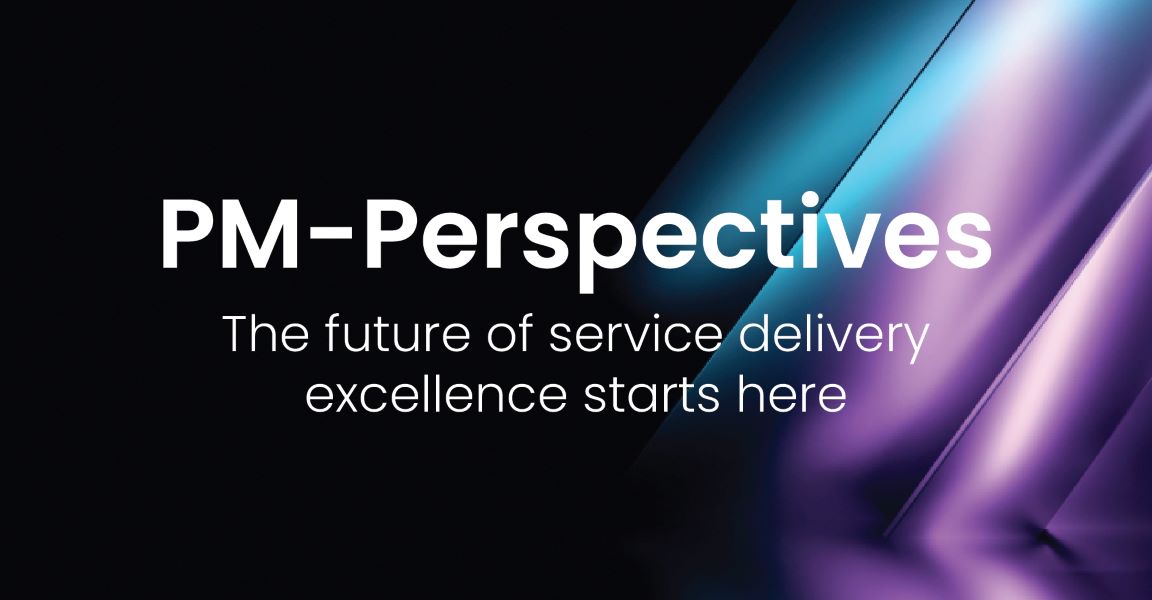Boosting your conflict management skills: 7 tips for project and agile leaders

When racing to deliver a complex project or agile initiative on time, the last thing you want to worry about is conflict in the workplace. PM-Partners Professional Development Manager Jourdan Clark, shares keys ways to boost your conflict management skills so you can reach a resolution swiftly and calmly, every time.
When left unresolved, workplace conflict can impact team morale, reduce productivity and disrupt timelines. Whether you need to navigate a misunderstanding between colleagues, identify what’s delaying a project or address a potentially sensitive issue with team members, it’s important to approach each conversation with confidence.
And yet, according to a recent AIPM and KPMG Project Management Survey, difficult conversations and conflict management was identified by nearly one third of respondents as the number one area where organisations need to do more to improve project and programme management skills and capability. This is a particularly pressing need in dynamic agile environments where collaborative problem-solving and decision making are key to success.
To help reduce this conflict management skills gap and equip you with actionable techniques, here are 7 tips project managers and agile practitioners can put into practice in the moment to make difficult conversations easier and more productive.
7 strategies for improving your conflict management skills
1. Address the issue as soon as possible
It’s usually obvious to both parties when something’s gone awry or there’s a situation that needs to be addressed, and therefore it’s best to approach this as soon as you see it happening.
While it can be tempting to swerve a difficult conversation, delaying your response could only make things worse. Even if it’s not resolved straight away, at least you’ve both had the opportunity to communicate.
In addition to being proactive, it’s important to be direct and get to the point quickly and confidently during the conversation – this can help the person you are speaking with to pick up on your energy and respond with similar focus and clarity.
2. Get to the heart of the problem
When engaging in a difficult conversation, it’s important to go beyond surface-level questions. People usually go out of their way to avoid confrontation, and so asking a general question like ‘are you ok?’ can result in an answer that’s designed to deflect attention. After all, it’s a lot easier to say ‘I’m all good’ than to start talking about complex feelings or awkward situations.
Instead of asking vague, open-ended questions, dig a little deeper to uncover what someone might really be feeling.
3. Give clear, factual examples
Just as you hope to receive honest answers to your questions, you also need to be upfront and clear when delivering feedback. To this end, it’s always handy to have an observable – a concrete example to help the person better understand the situation and why you’re having the conversation.
Stick to the facts, take responsibility where needed and explain how the conversation impacts each of you, the rest of the team and the organisation as a whole.
4. Listen as much as you talk
People want to be heard, so always encourage a two-way conversation and give them a chance to respond. This enables you to check they comprehend what you’re saying, while presenting an opportunity for them to offer their perspective and express their needs and expectations.
Consider, for instance, a scenario where a project manager had to tell a team member that they won’t be receiving a pay rise, only to discover they would prefer a change in job title and more flexible working hours over a financial reward. By engaging in open dialogue, the hope is that both people can have their needs met.
5. Demonstrate your understanding
The soft skill of empathy is really important, as it can change the dynamic between people within a few minutes. Being empathetic doesn’t mean agreeing with the other person, but it does mean showing you understand them. By reflecting what’s being said, you are giving that person an immediate sense that you’re present in the room with them.
You can repeat back what’s been said verbatim, or you can summarise the essence of the conversation by using phrases such as: ‘So what you’re saying is xxx made you feel xxx’.
Above all, be patient and give the person time to process their emotions. You might want to initiate the conversation and then agree to meet again a little later once they’ve had a chance to gather their thoughts and think about how they might like to respond.
6. Prepare in advance
Just as you can often predict and prepare for the questions that will come up in a job interview, it’s worth taking the time to consider all the possible directions your conversation could take.
If you have a mentor or someone who’ll listen to you without judgement, it can help to have a practice run of the conversation. By exploring all angles, you might just touch on areas you hadn’t previously considered. That way, you’ll come away with a lot more self-awareness and self-assurance, and a better sense of what you want to achieve from the conversation.
Plan out the conversation as much as you can in advance – think about what you’re going to say and try to anticipate how the other person might react.
7. Agree on next steps together
If you haven’t got somebody’s full-bodied willingness to commit to the solution or the next steps that you’ve identified, it’s likely to come undone later on. That’s why it’s essential to find out what people really want.
At this stage, it’s again useful to summarise what’s been said, and ask: ‘Have I captured everything that we need to do in order to move this project forward or resolve this situation?’ Essentially, you want everyone to feel their best interests have been represented and that they’ve been active in reaching a conclusion.
Once you are in agreement, make sure there’s a realistic action plan going forward and, if possible, attach a timeframe in order to keep up momentum.
Developing your power skills
If you are concerned about how to handle a difficult conversation, it can help to remember that conflict resolution requires many of the same skills you regularly employ in other areas of your job – such as speaking concisely, asking questions, listening carefully, showing empathy and being proactive.
In addition, it’s well worth enhancing these power skills with professional training. PM-Partners Advanced Facilitator: Conflict & Collaboration course, for example, is a great option for those working in agile and/or SAFe environments and, in fact, anyone looking to resolve conflict more effectively.
Using practical exercises and real-world scenarios this live, half-day session will equip you with proven strategies to navigate conflict and foster collaboration. With the right tools and techniques at your disposal, you’ll have the confidence you need to improve the outcome of any difficult conversation you might face.
Find out how you can improve your ability to navigate conflict and promote collaborative decision making with PM Partners Advanced Facilitator: Conflict & Collaboration course. Contact us via our website, or call our professional development team on 1300 70 13 14 today.
This article was last updated in October, 2024.

About The Author
Jourdan Clark
Professional Development Manager, PM-Partners
Jourdan is always up to date with the latest in global best practice standards and certifications. Working daily with product, project, programme and portfolio managers, as well as change managers and business analysts, she is adept at aligning her customer’s aspirations with the optimum training program for their needs. Whether their journey involves progressing from project manager to head of PMO, or supporting their organisation’s transition to agile product delivery, Jourdan is the person to speak with.








